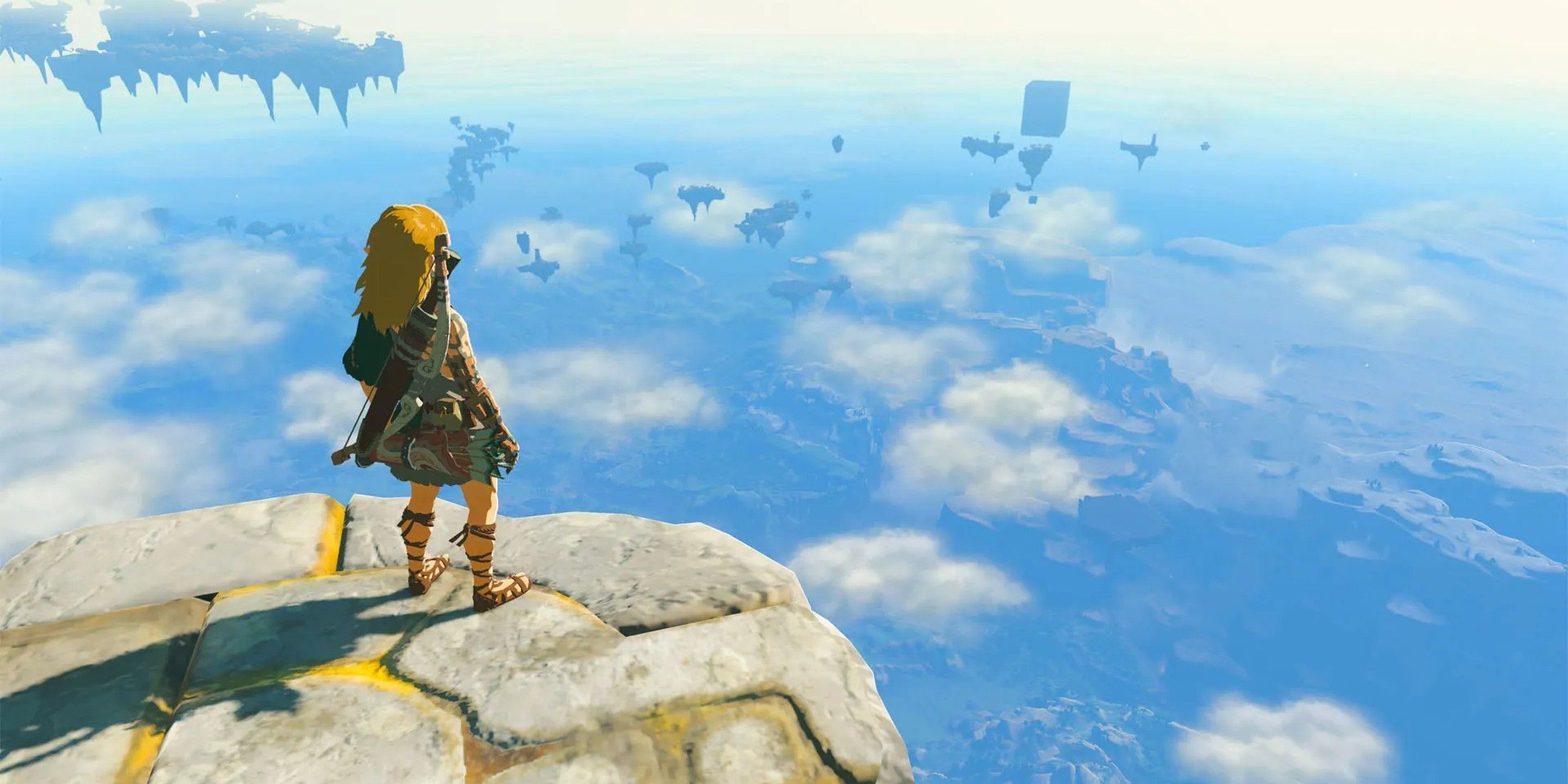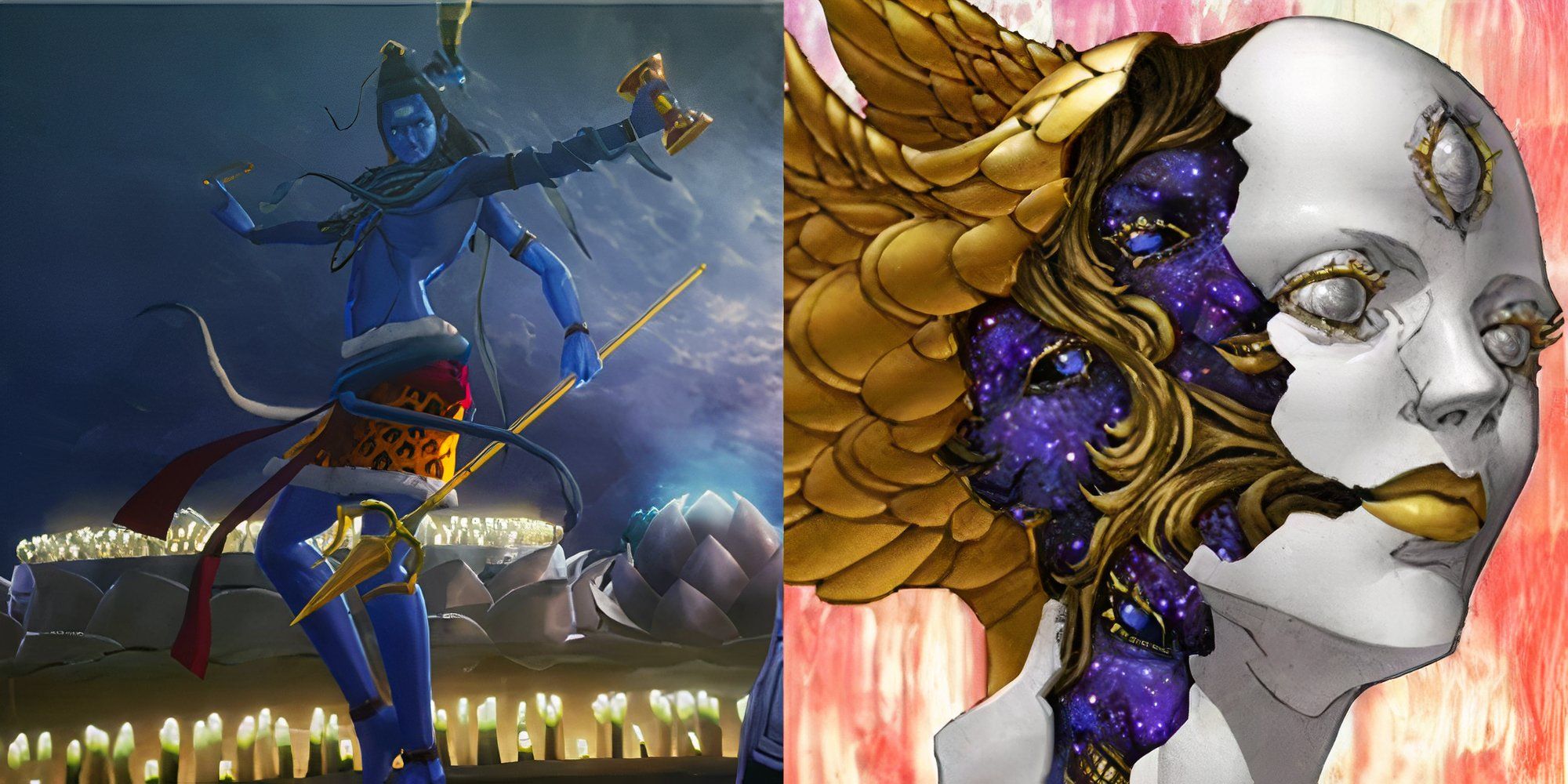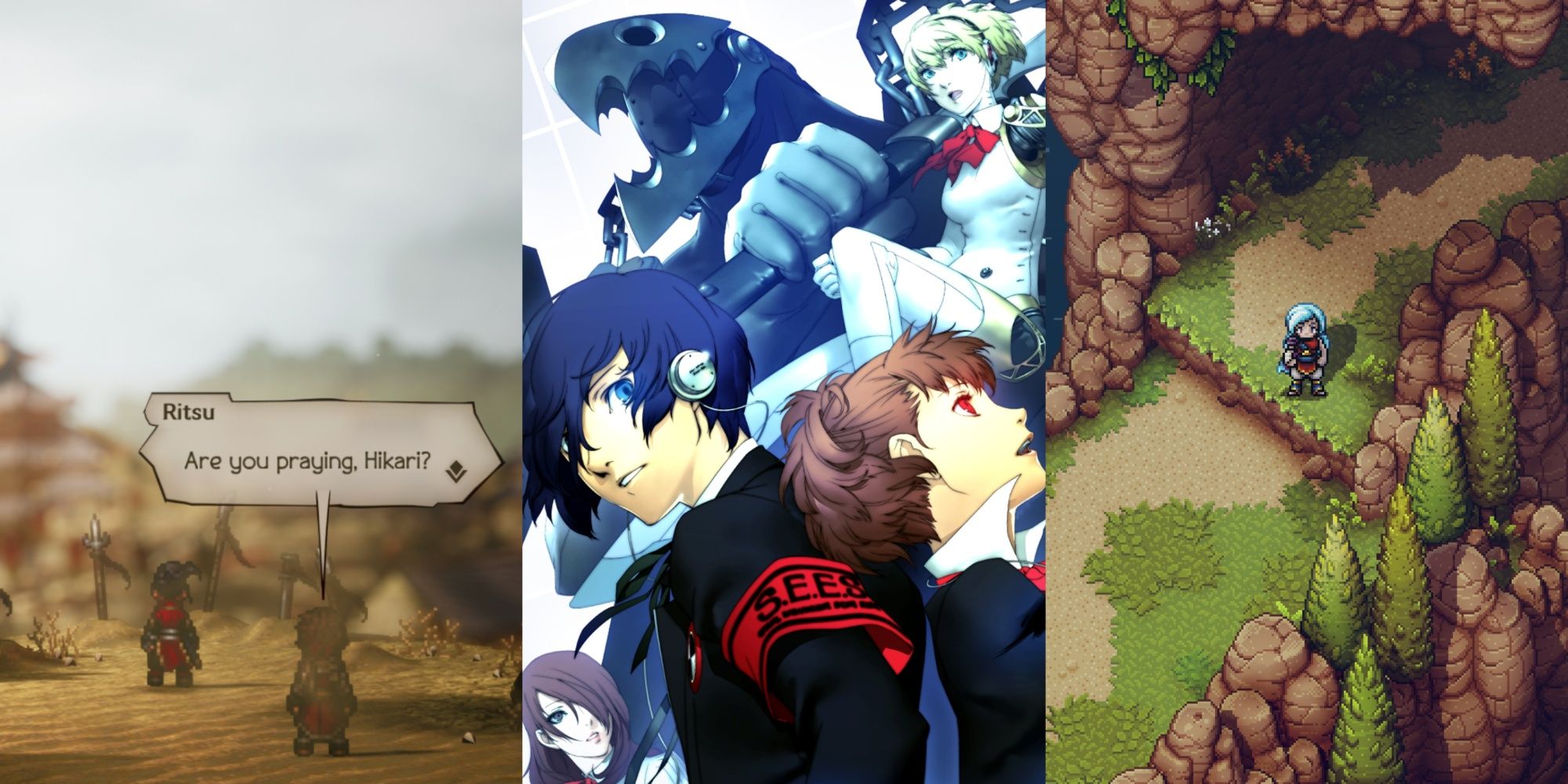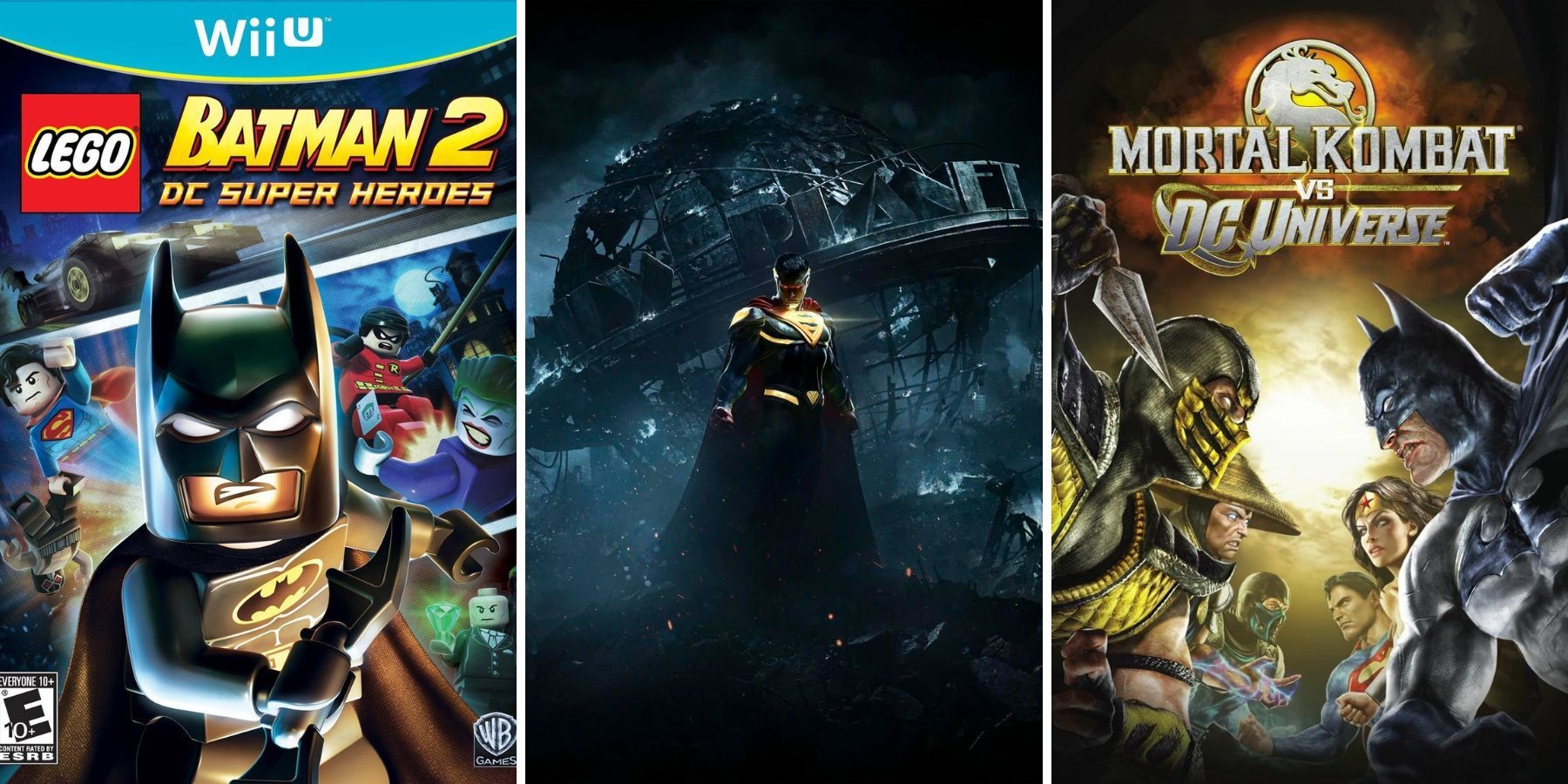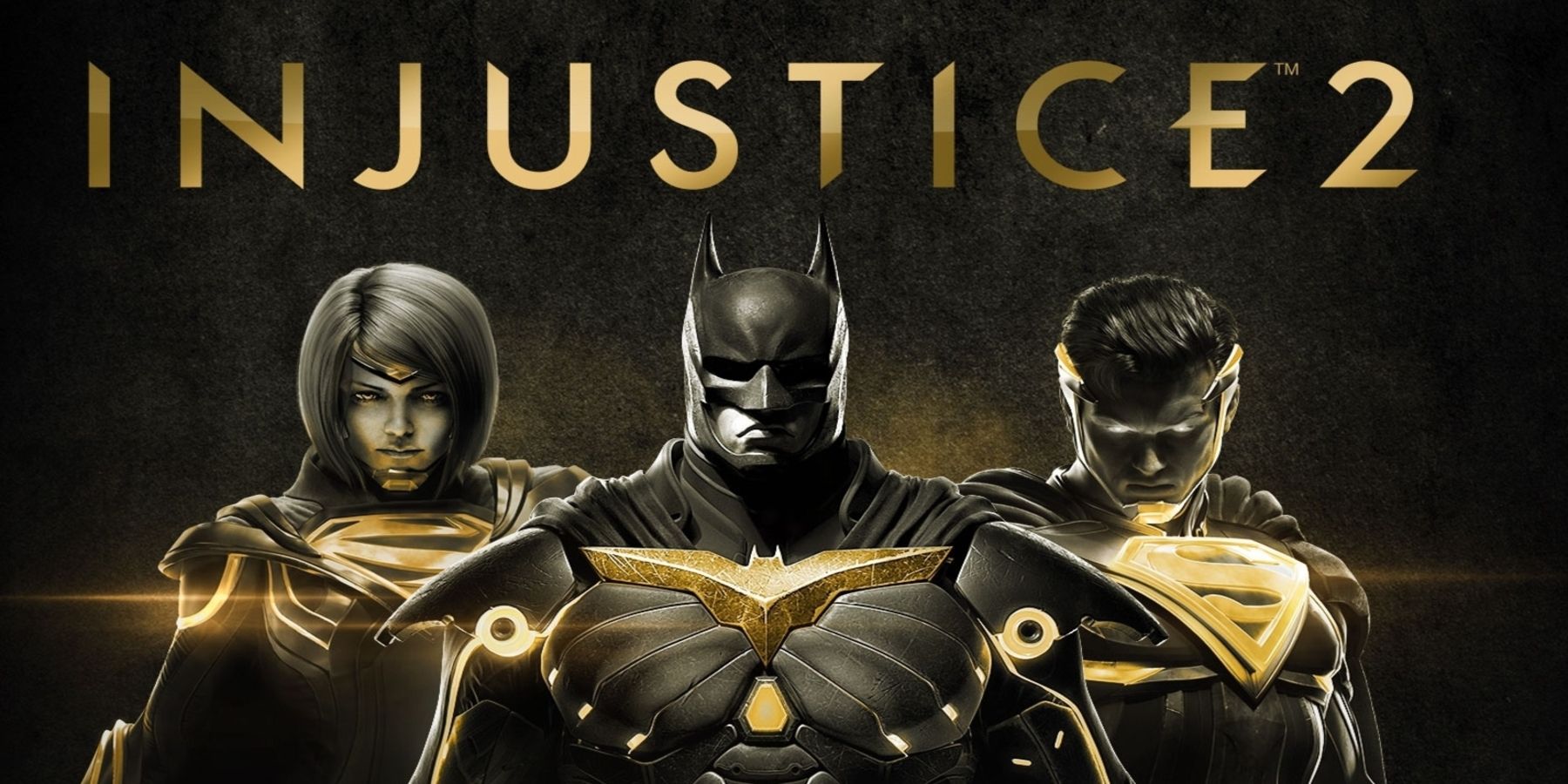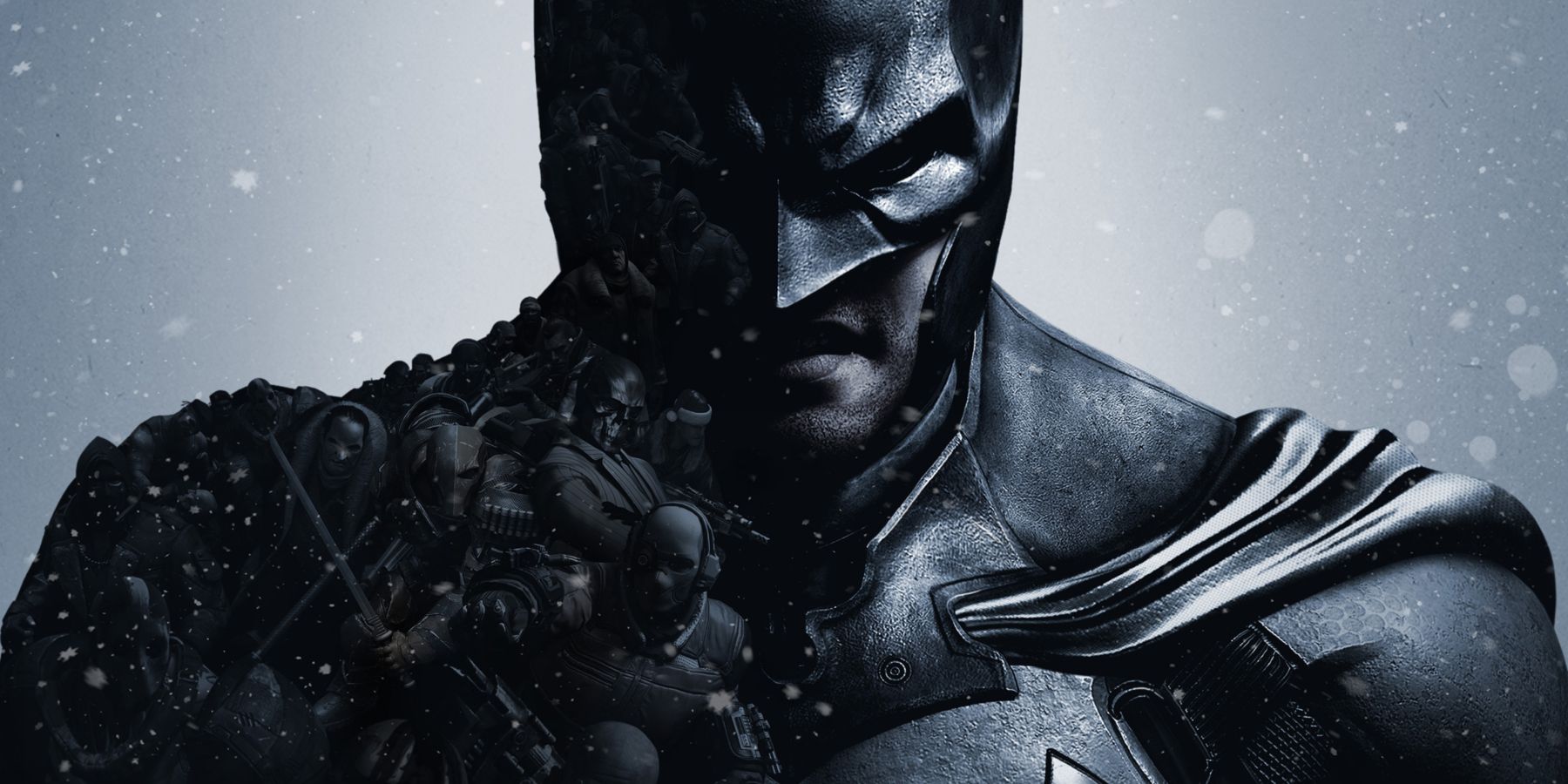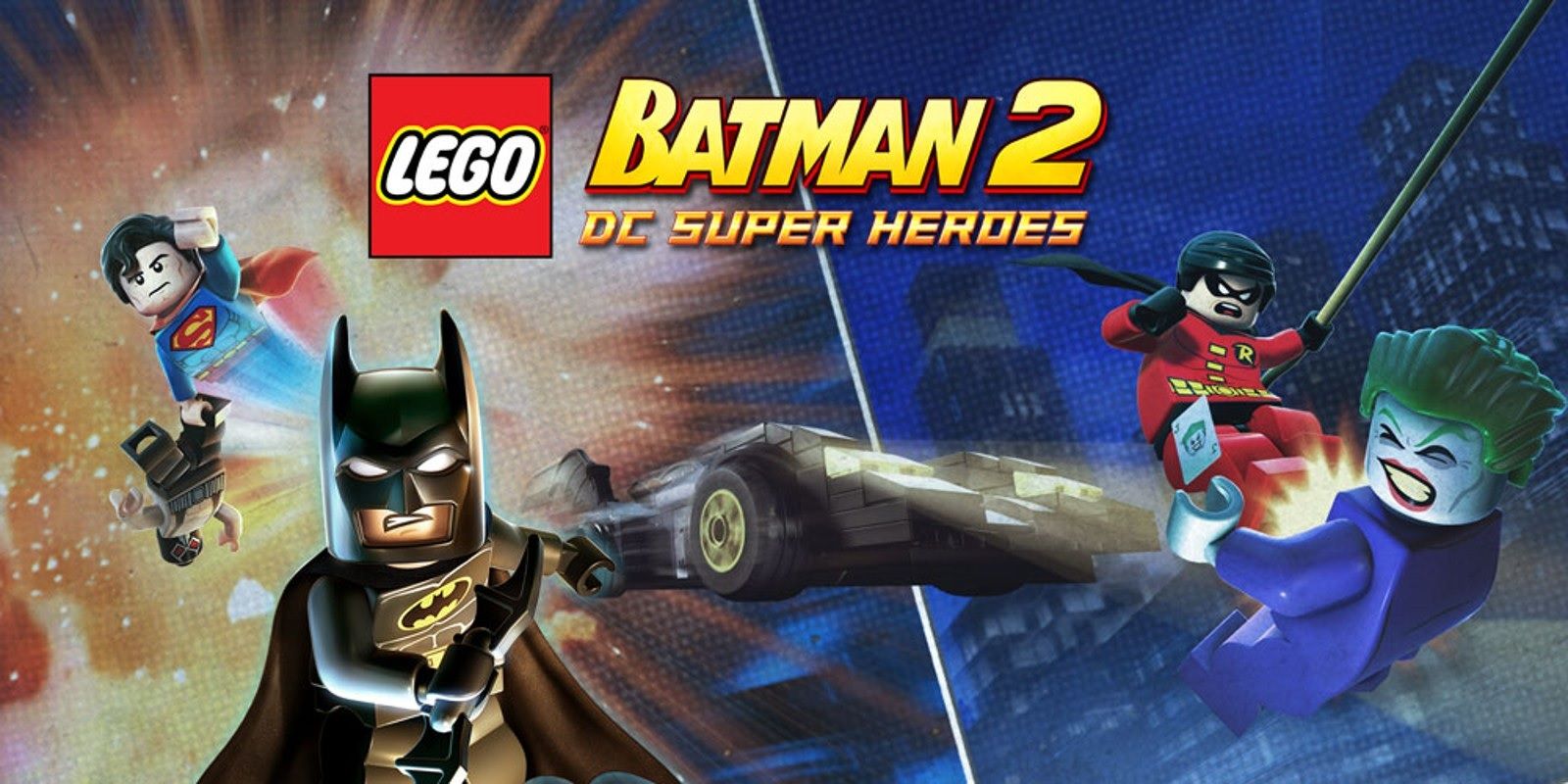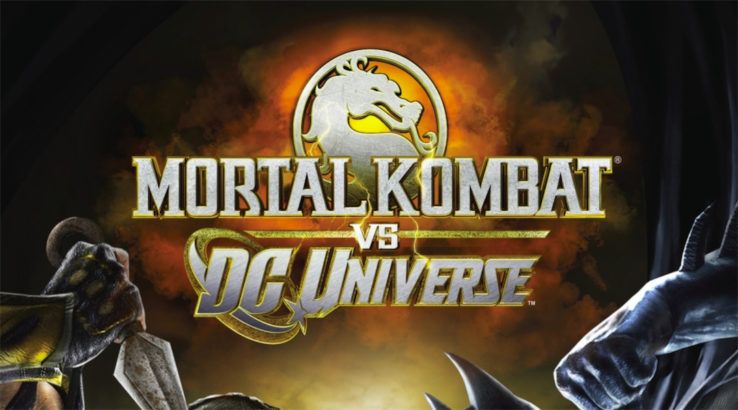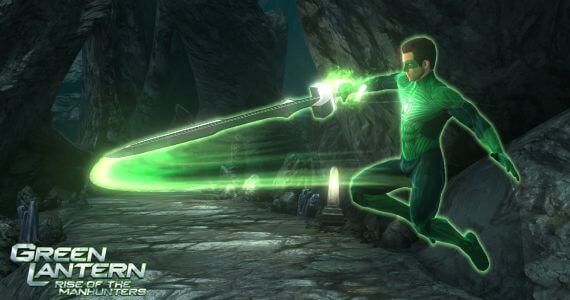DC has introduced fans around the world into the fictional world of superheroes saving the day from villains who are bent on wreaking havoc on innocent villains. Since the inception of DC Comics in 1937, several of these heroes became pop culture icons, cementing the company's status as a powerhouse. Despite the comic book industry crisis in the 1990s that dealt both DC and its competitor Marvel severe blows, the company emerged stronger for the challenges it faced. It has diversified its media to generate more income streams, foraying into the movie and video game industries.
In the same year of the release of the first Superman movie, DC also made a video game rendition available on Atari. From that 1978 release, a host of new games followed as a way to keep up with the rapid digitalization of media. Every company has hits and misses in this department, and DC is no different. Some of these games were fan favorites and lauded as masterpieces, while others got criticized and even became jokes in the social media era.
S-Tier
Batman: Arkham City (2011): It's not often sequels live up to the expectations of the original in the media world. Batman: Arkham City didn't just meet the standards set by its predecessor Batman: Arkham Asylum. It blew it out of the park. This is the gold standard of how to make follow-ups to a popular game. Batman: Arkham City built upon the successes of Batman: Arkham Asylum and left out the less popular aspects, giving players an incredible gaming experience.
Players had a few complaints, such as the robotic movements and Batman having too many villains, but the consensus is that this is a game that far exceeded expectations. Combat mechanics were greatly improved to an almost cinematic feel, and the amount of detail in the design of the Arkham City world was stunning to behold. The city planning was excellent as well, with each street containing unique landmarks and structures while not overloading the player. While a game can't reach absolute perfection, it came pretty close for the gaming audience. Achieving scores of 91% on Metacritic and 9.5 on IGN makes Batman: Arkham City one of the highest-rated games ever made.
Injustice 2 (2017): Another sequel to an already great game, Injustice: Gods Among Us, which was a cultural movement in the gaming community in its own right, Injustice 2 also built on the successes of its predecessor. NetherRealm had the blueprint with the first edition and utilized it to the maximum to improve the sequel, bringing it to a state of near perfection. The graphics got far more detailed in this reboot, with the color palette receiving an upgrade after gamers complained about the lackluster coloring in the first edition.
The fighting received the most noticeable upgrade as movements became far more fluid and natural to the eye. More DC characters were introduced to the game along with a few popular guest characters, providing players with more options to choose from. Injustice 2 is firmly in the conversation for one of the best fighting games ever seen.
Batman: Arkham Asylum (2009): Widely considered as 2009's Game of the Year across multiple publications, Batman: Arkham Asylum held the Guinness World Record for the Most Critically Acclaimed Superhero Game Ever until it got overtaken by its sequel, Batman: Arkham City. Before this release, there hadn't been many video games in the Batman franchise, and the ones preceding it had failed to capture the dynamics that are fitting of a Batman game. The game's plot was outstanding and well-developed, and the newly designed combat system became a flag bearer for fighting games.
Players found it easy to learn but hard to master, a perfect blend of basic functionality and advanced mechanics. The darkness of Gotham is perfectly portrayed with murders in the street, and the vocals feature some of the best voice actors in the business, such as Kevin Conroy and Mark Hamill. Critics were hard-pressed to find faults in the game, and getting so close to perfection seals Batman: Arkham Asylum's place in the S-Tier.
A-Tier
Batman: Arkham Knight (2015): The finale to the Arkham series did not disappoint, despite having sky-high expectations from the epic releases of its prequels. The combat mechanics were exquisite, somehow managing to improve upon the already excellent experience provided by Batman: Arkham City. The graphics were top-notch and missions were long enough to be satisfying. Additionally, players got to drive the Batmobile for the first time. Despite these improvements, the plot felt a little labored and lacking in detail. Overall, the game is still one of the better ones based on the DC universe, and only inconsistent ratings from critics keep Batman: Arkham Knight from being discussed in the same breath as its predecessors.
The Wolf Among Us (2013): Based on Fables, a DC Vertigo comic property, and set some years before the events in the comic, The Wolf Among Us tells a multilayered story through a system of choices and consequences across five episodes in the game. The episodes bring several characters to life, giving them well-developed backstories through world-class writing and scintillating action. Bigby Wolf pulls players along on a journey that requires gamers to make some character-defining choices. The Wolf Among Us is highly rated across different critic platforms. With an 83% score on Metacritic and an 8.9 rating on IMDb, it doesn't quite make it into the S-Tier, but it is a superb game nonetheless, and one of the best based on the DC universe.
Batman: The Enemy Within (2017): Another Batman series makes it into the highly rated tier. Batman: The Enemy Within lets players control their choices, similar to The Wolf Among Us, as each conclusion is impacted directly by players' actions. The voice acting in the game was amazing, and the actors received several nominations for their phenomenal performance, managing to win the NAVGTR Awards in 2018. Telltale Games does a great job on the Joker's personality and the fighting scenes. With an 8.4 score on IMDb and 81% on OpenCritic, the game was well-received by the industry.
B-Tier
Injustice: Gods Among Us (2013): NetherRealm was determined to make a bang in the gaming industry after the just-alright performance of Mortal Kombat vs. DC Universe with critics. The release of Injustice: Gods Among Us provided a solid foundation for the success of Injustice 2 simply because of the amount of detail that went into it. Injustice: Gods Among us targeted characters only from the DC Universe, even creating a new story of a heartbroken Superman who goes insane. The plot was great, and the fighting mechanics incorporated some of the combinations from the Mortal Kombat games, making for a quality combative experience. Scoring 80% on Metacritic and 8.2 on IGN, it was another successful release for the company.
Lego Batman 2: DC Super Heroes (2012): The second installment of the LEGO Batman games is the best of the three titles released. It significantly improved on LEGO Batman: The Videogame, expanding the number of playable characters to 75. This included characters from the entire DC universe and offered full voice acting for each of them. Players were also able to explore the full open map of Gotham City, unlocking characters while progressing in missions. Lego Batman 2: DC Super Heroes was rated a 7.8 on IMDb and 7.3 on IGN.
C-Tier
Batman: Arkham Origins (2013): Sandwiched between Batman: Arkham City and Batman: Arkham Knight, this game was the least popular in the Arkham series. The game development felt undercooked, featuring very little upgrades to the fighting mechanics. Several items from Batman: Arkham City seemed imported without modifications to the new game. However, it wasn't all negative in this edition. Batman: Arkham Origins has arguably the best boss fights in the series with the battle with Deathstroke. However, the lack of upgrades was not lost on critics, leading to ratings of 74% on Metacritic.
Mortal Kombat vs. DC Universe (2008): A nice crossover between the world of Mortal Kombat and DC by NetherRealm, the game's fighting mechanics were top-notch. The DC characters received new finishing moves and brutalities, ensuring a smooth mix of both worlds. Unfortunately, the plot lacked substance, and fans were disappointed when they learned the famous Fatalities from the Mortal Kombat series would not appear in this game. For critics, it didn't perform too poorly, achieving ratings of 7.5 on IGN.
D-Tier
Green Lantern: Rise of the Manhunters (2011): Much was left to be desired in this release featuring Ryan Reynolds starring as the Green Lantern. Though there were no glaring flaws in production, the graphics were a let-down, and the character dialogue was thin, failing to draw players in. The gameplay was notably disorienting at times and really should have been improved before its release. The presence of so many areas of imperfection earned this Green Lantern rendition a mere 6.0 on IMDb, and some might argue it should be lower.
Catwoman (2004): Catwoman is considered by some critics to be the worst DC release since games became based on the universe. While the puzzle setup appears alright, the control system is so restrictive it is almost a disaster. The fixed camera does not let players see where they are going, the voice acting is weak, and the fight scenes need a ton of work. The graphics don't help matters either, and these elements combine to make Catwoman a perfect storm of chaos.

